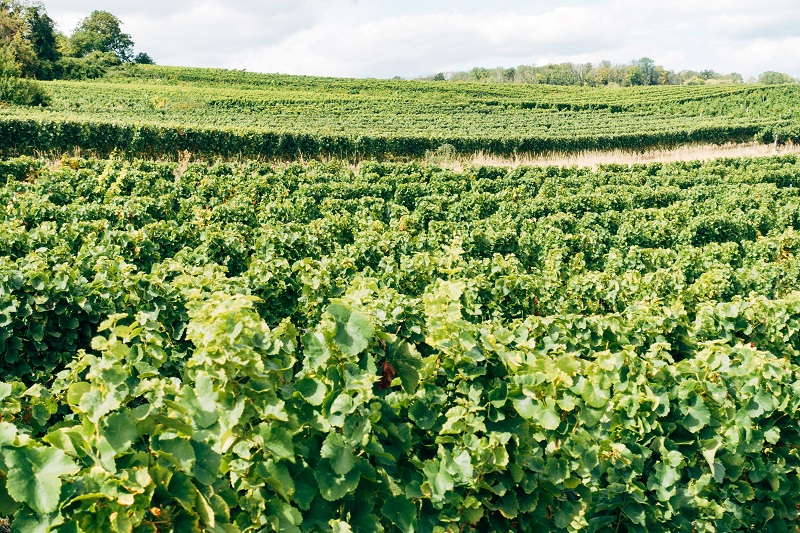Drought Forcing California Farmers To Leave As Much As 800,000 Acres Unplanted
The California Farm Water Coalition (CFWC) has upgraded its estimate of acres farmers will leave idle this year to 800,000 acres, up from 500,000, because of a lack of water.
“Farmers are still waiting to the last minute to determine their planting schedules this year in hopes that the water situation will improve,” said Mike Wade, Coalition executive director, in a press release. “But if dry conditions continue, the number of unplanted acres will go up and as each day passes the prospects of returning to a normal water year evaporates.”
Wade made the announcement following a survey of Central Valley water districts, many of them receiving water from the California State Water Project (SWP) or the federal Central Valley Project (CVP). CFWC, which represents a cross-section of California’s agricultural industry, is a non-profit, educational organization formed in 1989 to provide fact-based information on farm water issues to the public. It represents 5.6 million irrigated acres in California, making it the largest organization to focus solely on farm water.
“The negative impact to California’s economy from lost farm production and associated business has increased almost 50% to $7.48 billion from early estimates in February,” he added. “On-farm production losses are expected to double from $1.7 billion to an estimated $3.56 billion based on the new survey results.
“There is simply little water available in the system,” Wade continued. “Years of inaction by California leaders that could have included construction of increased storage facilities and the funneling of water to environmental uses that were not originally designed into the system have aided in creating the dismal conditions that we now face.”
Retail prices to consumers for California produce remain relatively flat because harvest in the San Joaquin and Sacramento valleys is still just around the corner, said Wade. “We will know what shortages to expect and how consumer prices will react when harvest begins,” he said. “At that time we will get a handle on the amount of produce that wasn’t planted due to water shortages.”
Existing produce supplies are coming out of the Yuma, Imperial, and Coachella valleys, which have not suffered from the extreme water shortages that exist in other parts of the state, as much of their water comes from the Colorado River, which has headwaters in Montana. But come this spring and summer, some market watchers have predicted a 10% to 15% increase in consumer prices.
“Unemployment is expected to rise to levels above 40% in valley communities most affected by the drought,” Wade said. “Estimates this year exceed 15,000 on-farm and associated jobs that will be lost, including processing, transportation, packaging as well as port jobs in Los Angeles, Long Beach, and Oakland.”
Farmers have substantial investments in their permanent crops and many will not plant annual crops such as vegetables in order to shift water to their trees and vines, Wade added. A number of districts with water rights on rivers in the Sierra watershed have also informed their farmers that deliveries this year will be curtailed. Estimates range from above 50% to some as low as 15-25% of normal supplies.
“That is an unsustainable situation for most farms over the long haul,” said Wade.
Source: California Farm Water Coalition









